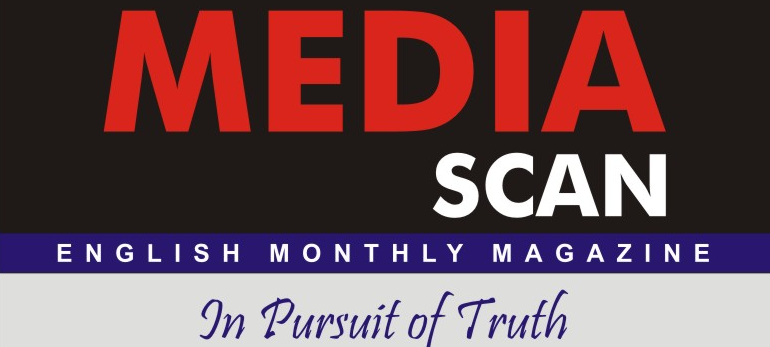Media is the fourth pillar of our democracy. As a mature democracy India gives complete freedom to the media. The media was supposed to fearlessly and independently publish news that is unbiased. It was supposed to criticize government policy, be the means of reaching public grievance to the government, raise a voice when public interests had been disregarded when policies were formulated, etc. A job for the ethical.
Though media had to go through a turbulent time during the 1975 emergency, it managed to survive. When the going got tough the tough got going. Prime Minister Indira Gandhi and her son Sanjay Gandhi tried to suffocate independent media but they failed due to the brave men who ran the media. The atrocities of those times are recorded only due the work of the media. The media kept the democracy alive. As a result the Congress faced a humiliating defeat in 1977.
With the advancement of the time media has grown in strength. The monopoly of the government over the news broadcasting has ended and there are hundreds of TV channels and radio stations providing minute-to-minute updates to the audience. The industrialization and commercialization of the media and the resulted competition have extended its scope.
There has been an addition in a kind of “investigative journalism”. True to its name this has successfully unearthed many scandals and several people involved in these. For the government institutions assigned to check irregularities this would have been an uphill task. This journalism sometimes is ahead of the investigating agencies too. But there are the occasions when investigative journalism has influenced public opinion even before there was any evidence.
In electronic media, TV news channels are the most popular. Most of the channels are run by big corporate houses that naturally have business interests.
Consider the role played by the media after it has managed to expose any scandal; it now behaves as an investigating agency, presents its case as a prosecutor and the gullible viewer passes his judgment based on the one sided argument. Does this not affect the trial of the accused? The story forgotten and the next one is being prepared. The verdict of the media is passed. The verdict by the honorable courts will come later.
The media is expected to, at least, not do a TV trial of a sub judice case. The court should freely hear a case without external or public pressure. This is impossible in a case under media trial. Is this not Contempt of court?
Presumably our electronic media, after any incident of public outrage, construct a narrative that soon turns out to be completely bogus. Of late, its always the case that within hours of a blast the media starts mouthing terms like Huji, Let, IM and SIMI. As it turned out the media just made up its mind about who’ve done it.
Stereotypes shown by the popular media is polarizing society. Unknowingly, the electronic media is fuelling the agenda of forces who will eventually destabilize the country.
By A H Y

No comments:
Post a Comment